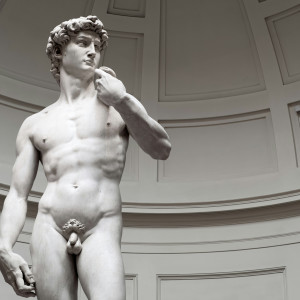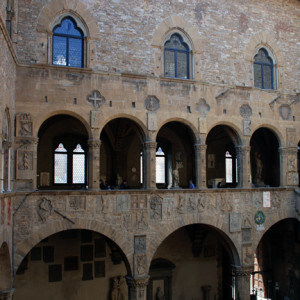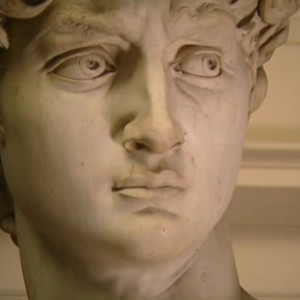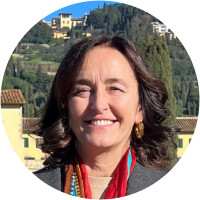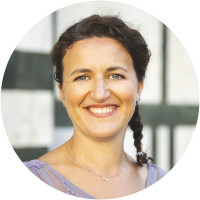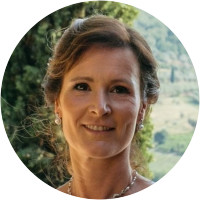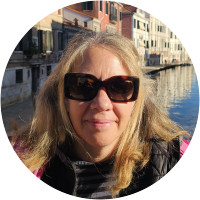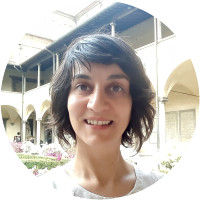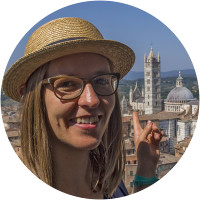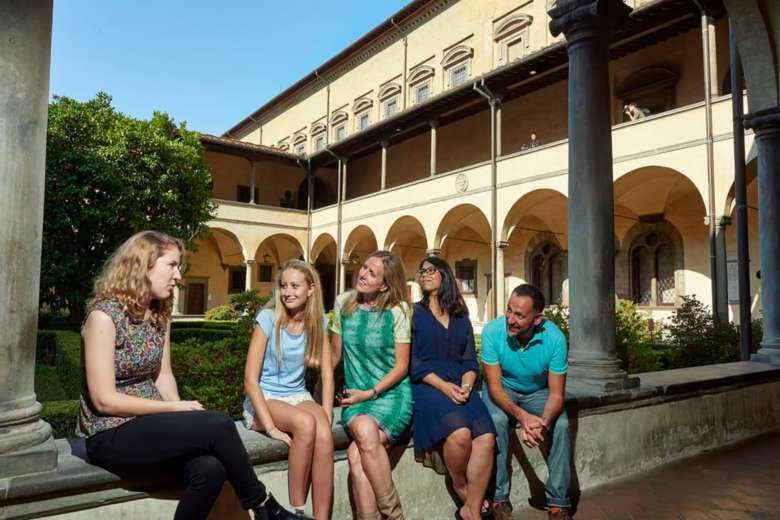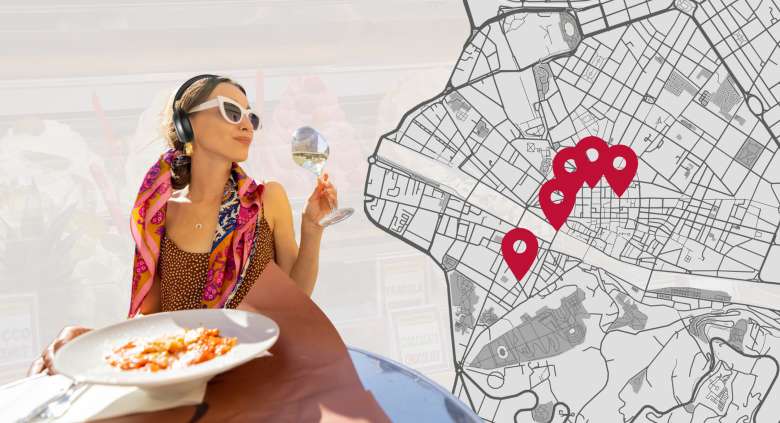Tour Details
Duration
3.5 hours
Product Type
Tour
Venues
- Casa Buonarroti
- Museo del Bargello
- Michelangelo's David
- Michelangelo's Bacchus
- Accademia Gallery Florence
Select a date
Tour Description
In this three-and-a-half-hour walk with an art historian, we will follow the career of Michelangelo, discussing his early years and career under the patronage of the Medici family while viewing key works in the Bargello Museum and Accademia Gallery.
This Michelangelo tour in Florence is designed to give us a chance to explore in-depth the work and artistic legacy of Michelangelo, whose impact on the Florentine Renaissance and art history in general cannot be overstated. We’ll begin at the Casa Buonarroti, built by the artist's nephew on the land that previously belonged to Michelangelo, now converted into a small museum of drawings and early sculptures. Here, in this relatively unknown museum, we will spend some time laying out the important themes that resonate through his work. Next, we'll move to the Bargello Museum, a government office building and prison in Medieval times, which now hosts one of the most important sculpture collections in the world. We’ll explore the vast holdings and view several of Michelangelo's works, including the Bacchus. We will also spend some time with the works of other related artists in order to try to develop the context that surrounded Michelangelo's work.
Lastly, we will move on to the Galleria dell'Accademia, which houses Michelangelo's masterpiece and consummate symbol of the Florentine Renaissance, the Statue of David. As we bask in its aura, we’ll examine this important statue and related works and wrap up our tour by discussing Michelangelo's later career in Rome, culminating in the painting of the Sistine Chapel in the Vatican.
This Michelangelo tour in Florence is designed to give us a chance to explore in-depth the work and artistic legacy of Michelangelo, whose impact on the Florentine Renaissance and art history in general cannot be overstated. We’ll begin at the Casa Buonarroti, built by the artist's nephew on the land that previously belonged to Michelangelo, now converted into a small museum of drawings and early sculptures. Here, in this relatively unknown museum, we will spend some time laying out the important themes that resonate through his work. Next, we'll move to the Bargello Museum, a government office building and prison in Medieval times, which now hosts one of the most important sculpture collections in the world. We’ll explore the vast holdings and view several of Michelangelo's works, including the Bacchus. We will also spend some time with the works of other related artists in order to try to develop the context that surrounded Michelangelo's work.
Lastly, we will move on to the Galleria dell'Accademia, which houses Michelangelo's masterpiece and consummate symbol of the Florentine Renaissance, the Statue of David. As we bask in its aura, we’ll examine this important statue and related works and wrap up our tour by discussing Michelangelo's later career in Rome, culminating in the painting of the Sistine Chapel in the Vatican.
FAQ
For more information about Context tours, please visit our FAQs.
Book with confidence — see Context's flexible cancellation policy here.
Where do we meet? Where does the tour end?
We meet at Casa Buonarroti and end at the Galleria dell'Accademia. Your confirmation email will have the exact meeting point details along with a map.
What is the difference between Introduction to Florence with Michelangelo's David and Michelangelo in Florence Tour?
Both tours include a visit to the Accademia Gallery to see Michelangelo's David. Introduction to Florence is a more general tour touching on all aspects of the Renaissance, while the Michelangelo Tour is a deep dive into the artist and his life.
Why do I need to purchase a ticket to Galleria dell’Accademia for my child?
Although admission is free for those under 18, you would have to wait in a separate line upon arrival to prove your child’s age. We typically purchase tickets for everyone on the tour so that we may bypass this line, which can be quite long, and have more time in the museum.
Is the Uffizi Gallery included on this tour?
No, it’s not included. If you’re interested in the Uffizi Gallery, we highly recommend you book our Uffizi Gallery Tour: Crash Course.
What are skip-the-line tickets?
For this tour, your tickets are pre-purchased which allows you to skip the ticket office line upon arrival at the museum. You may still have to wait in a security line or in a line to have your pre-purchased ticket scanned.
Experts
Where You'll Start
–
361 Reviews
Reviews can only be left by Context customers after they have completed a tour. For more information about our reviews, please see our FAQ.
Helen did an outstanding job bringing the work of Michelangelo into perspective. I loved the tour!
Maria
Reviewed on:
Jan 18, 2026
3.5 hours flew by with Helen. We walked away with a completely new perspective on Michaelangelo. Helen was incredibly knowledgeable on Florence and all of the art we saw. Couldn’t recommend her more!
Emily
Reviewed on:
Dec 26, 2025
What a wonderful and informative tour — this was such a great way to kick off our time in Florence.
Siobhan
Reviewed on:
Oct 26, 2025
